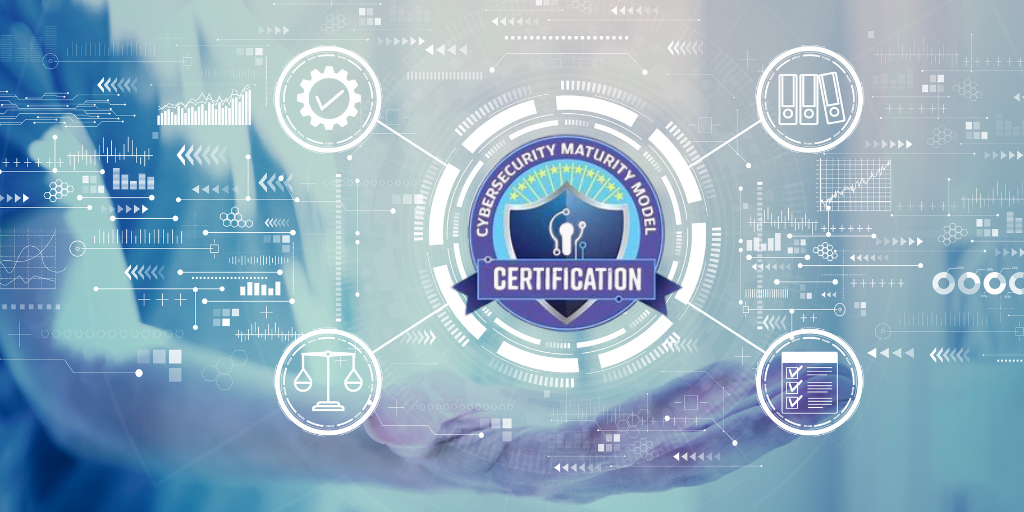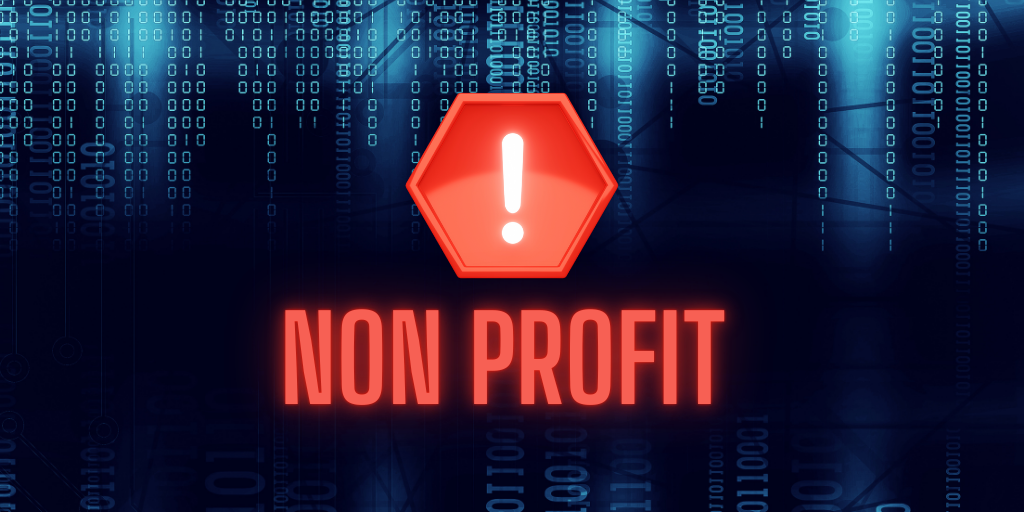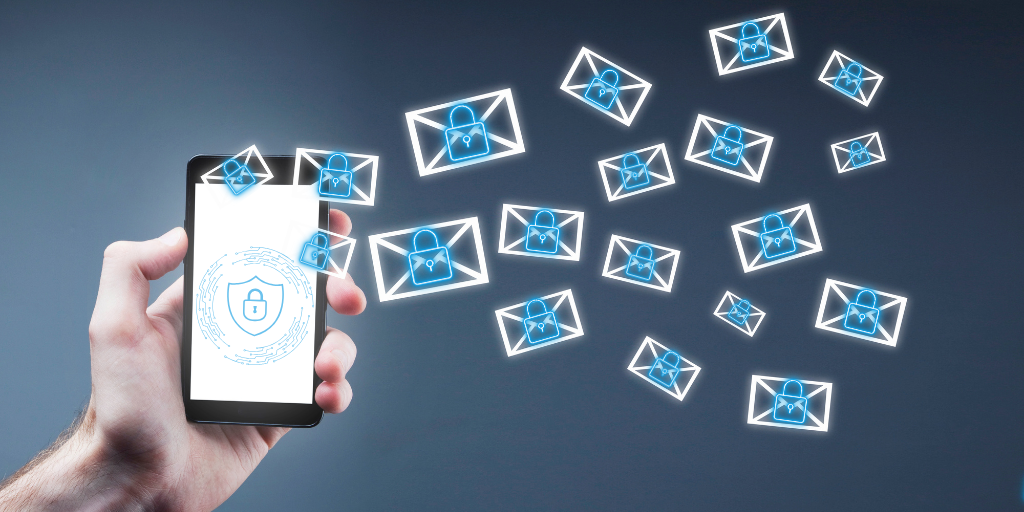Addressing CMMC Compliance Gaps for Small Businesses
Navigating the complex landscape of CMMC compliance can be a daunting task for small businesses, but with the right strategies, achieving and...

When we think about cybersecurity, the digital defense systems, tools, hardware, and knowledge that fight cybercrime, we don’t often think about the supply chain. What is this supply chain, and why is it overlooked? A supply chain belongs to a service provider or traditional manufacturer’s supply process (which can also mean the data supply chain). Supply chains are highly vulnerable to disruption from third parties. Every organization, institution, and business in some shape or form utilizes a supply chain.
These days, the issue is that the crucial global supply chain is vulnerable to cybercrime, and several organizations are not taking responsible cybersecurity measures to protect their supply chains. Let’s consider two examples; cybercriminal disruption to Covid-19 vaccine supply chains and a 2018 instance of an auto manufacturer. In both of these cases, third parties (vendors) were the weakest link. The integrity of a supply chain is in danger of being disrupted by malicious actors.
A supply chain can be deconstructed into an ecosystem that involves; suppliers, vendors, and various third parties that have access to an organization’s IT infrastructure. These facets allow for a more significant opportunity, efficiency, and successful processes for that organization when functioning correctly. Yet, the problem is that the more complex an ecosystem becomes, the attack surface widens and increases in risk due to the potentially vulnerable endpoints. The digital defense, or cybersecurity, of a supply chain is only as strong as its weakest link.
Now that we’ve covered the basics of supply chain cybersecurity, we need to understand how best to mitigate these problems by taking industry best practices, as well as expert cybersecurity advice, into account.
Since supply chain attacks are becoming more frequent due to more data being shared with more suppliers and service providers, let’s think about the following:
• An organization must know exactly who has access to what. Auditing third-party relationships is an excellent first cybersecurity best practice
• Instituting a clear cybersecurity policy is the responsibility of the organization, not the third party that only facilitates these processes. Asking the right questions and implementing measures promptly will save organizations valuable downtime.
• The continuous monitoring of data is crucial to establish an insight into potential threats to network and information security
• An organization’s systems must be updated and patched at all times with the latest releases
• Tight security controls mean analyzing vulnerabilities in the products within the supply chain, which can often have insufficient or inadequate cybersecurity measures
• Password security is a must, and the use of default manufacturer passwords must be changed immediately upon deployment
• Educating the workforce in cybersecurity measures. This means attack scenario and potential phishing scenario training. This way, everyone from the employee to the customer is better protected, and data is as well
• Remaining compliant at all times with regulations and standards such as HIPAA, GDPR, CCPA, and other cybersecurity or information security frameworks.
Without proper cybersecurity measures and adherence to regulations in place, an organization is at significant risk of malware and, in the worst-case scenario, APT (Advanced Persistent Threats).
The supply chain offers several benefits; however, as discussed above, it also opens up several potential entry points for cybercrime to seep through. Today’s economy is on the way to be entirely digitally transformed. We all must stay vigilant and implement best practices to accommodate today’s dynamic, shifting, and hyper-interconnected economy.

Navigating the complex landscape of CMMC compliance can be a daunting task for small businesses, but with the right strategies, achieving and...

In an increasingly digital world, non-profits are prime targets for cyber threats. You can just discover how a Virtual CISO can protect your...

Small businesses must prioritize secure messaging to protect sensitive information and maintain customer trust.